APPC has launched the Annenberg Science Media Monitor to analyze the content of news reporting on science. The first report focuses on coverage of scientific discovery.
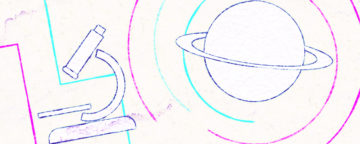

APPC has launched the Annenberg Science Media Monitor to analyze the content of news reporting on science. The first report focuses on coverage of scientific discovery.
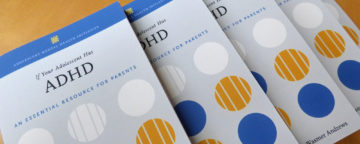
'If Your Adolescent Has ADHD,' a supportive guide for parents that uses evidence-based approaches to treatment, is the latest book in a series developed under APPC's guidance.
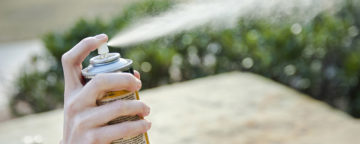
Social and news media have different associations with risk perceptions and preventive behavior in an emerging health threat such as Zika, according to new research.
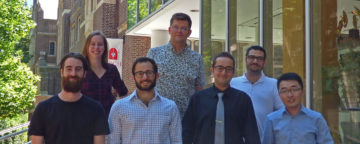
APPC has welcomed seven new postdoctoral fellows in the Science of Science Communication. They bring expertise in communication, media, political science, and psychology, among other fields.

Misleading user-generated YouTube videos that promote e-cigarettes and hookahs can make young adults feel more positively about these products, according to new research by the Annenberg Public Policy Center.
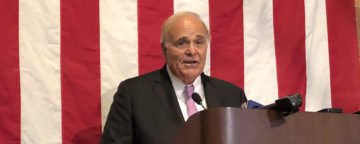
Should the requirement that the president be a "natural born Citizen" be kept in the Constitution? That's the Citizenship Challenge question for Pittsburgh-area 4th and 5th grade students.
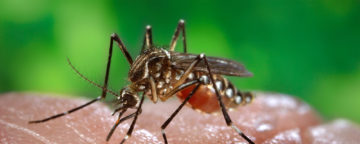
Threatened by the mosquito-borne Zika virus in 2016, Florida residents were much more likely than non-Floridians to report taking protective measures. Even so, fewer than half of Floridians said they actually did so.
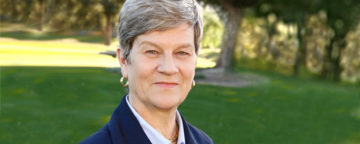
APPC Director Kathleen Hall Jamieson spoke with WHYY's 'Radio Times' about Trump's tweets, saying it was important for the press and public to distinguish what is consequential from what isn't.
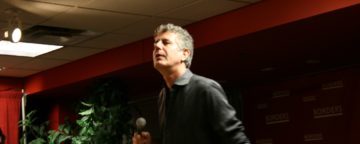
For media reporting on the deaths of Kate Spade and Anthony Bourdain, these recommendations for reporting on suicide were developed by mental health, journalism and suicide prevention authorities, including APPC.
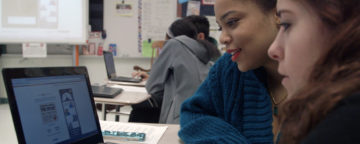
APPC, the home of FactCheck.org and Annenberg Classroom, has partnered with iCivics to create a free, online educational game to teach news literacy and the precepts of journalistic standards to students and adults in an age of "fake news."